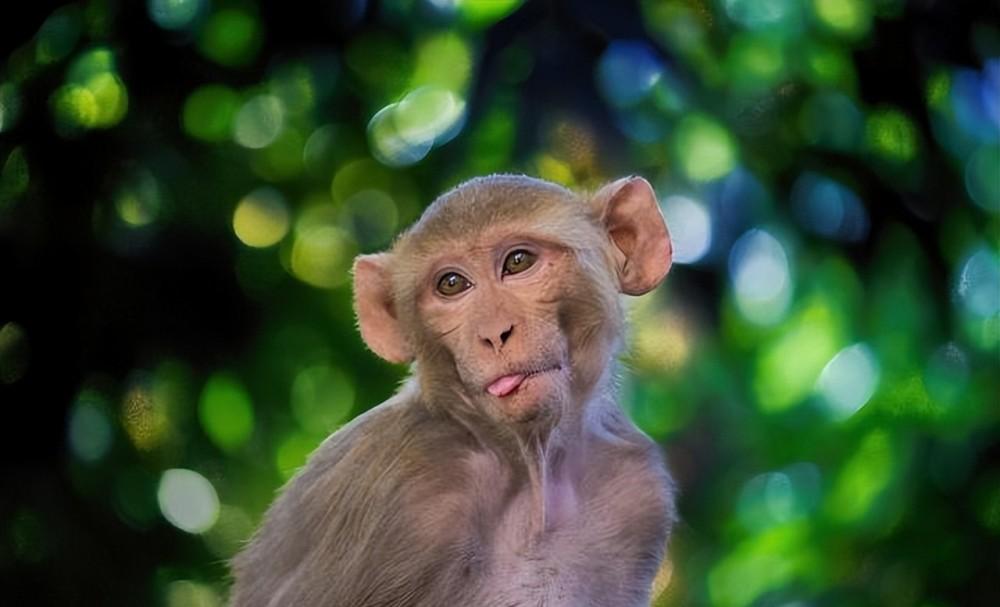The monkey in the zodiac is synonymous with cleverness, wit, and humor. The word "monkey" of the monkey belongs to a post-creation word, because before the small seal, there was no such word. Before xiao zhen, the monkey used another word, called 夒 (náo).

"Speaking of Texts and Interpretations" says: 夒, greedy beast also. A female monkey, human-like. So how did the word "monkey" come about?
Let's first look at the "Hou" of the princes, the oracle bone of this word is shown in the following figure, above which is a word like the "factory" of the factory, indicating the cliff; the word below is the "arrow" of the oracle bone arrow, which together represents the arrow shot on the cliff target.
In the Zhou Dynasty, Zhou Tianzi often organized nobles to compete in archery, and those who performed well could become officials, so "Hou", which represented the target of the arrow that shot at the target on the cliff, became a synonym for officials, and then later generations also derived the idiom of "worshiping officials and sealing marquises".
It may be that monkeys look most like people, in order to increase combat effectiveness. Later people often used this animal called "夒" as an arrow target to shoot. This entertainment was later known as "Shooting Hou". The ancients believed that monkeys and dogs were a class of animals, so they added a word next to the word Hou. Over time, "shooting Hou" became "shooting monkey", and the animal was replaced by the word monkey, and the pronunciation was also pronounced Hou's pronunciation. On the brick paintings found in the Han tomb, the left half is a scene of guests shooting monkeys and birds. (Pictured below)
Many of the idioms associated with monkeys are very allegorical.
For example, the idiom "three twilight four" is related to monkeys, in the Warring States period, there was a monkey keeper in the Song Dynasty, because there were too many monkeys to cause an economic burden to themselves. So he wanted to limit the monkey's food, so he said to the monkey to give three acorns in the morning and four in the evening, and the monkey was very angry after listening to it. It wasn't until he said give four in the morning and three in the evening that the monkeys were happy. The origin of the three twilight shows that monkeys are smarter than ordinary animals, but after all, they are still animals, and their intelligence is limited.
Monkeys occupy Shen time (3:00 to 5:00 p.m.) in the twentieth zodiac hour, when the sun sets in the west, and the monkeys go down the mountain to feed, which is the most active, so the ancients corresponded to the monkey and The Shen time.
The most impressive monkey image in literary works is Sun Wukong in "Journey to the West", Sun Monkey has extraordinary skills and can once make a big fuss in the Heavenly Palace. Monkey has a position in the Heavenly Palace called Bow Ma Wen, does this name have its origin? In the ancient medical books "Qi Min Zhi Shu" and "Compendium of Materia Medica", it is recorded that the family of a horse keeper, raising a female monkey in the stable, can effectively avoid the plague of horses. So monkeys have the effect of avoiding horse plague. The harmonic sound is Bow Ma Wen.
Monkey and Hou are homophonous, so people often use monkeys to imply the title of Marquis, indicating the meaning of promotion. In addition, monkeys like to eat peaches, myths and legends that eating peaches can prolong life, so monkeys and peaches together often mean auspicious longevity.